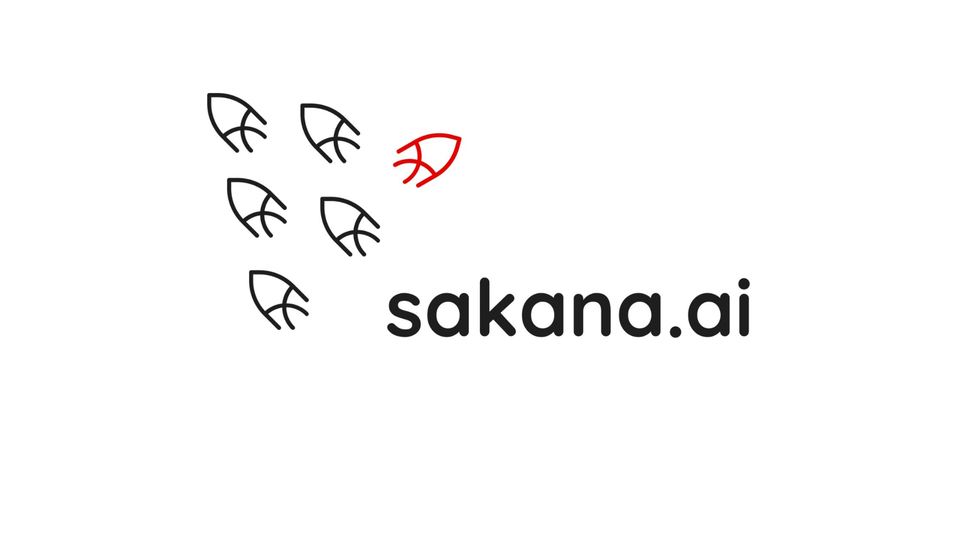Anthropic Launches “Economic Futures Program” to Measure AI’s Market Impact
Anthropic has launched the Economic Futures Program to research the economic and labor market impacts of AI, offering grants and promoting data transparency. The initiative aims to support evidence-based policy and uncover both the risks and opportunities AI presents for the future of work.

Anthropic, the U.S.-based AI startup behind the Claude model, has unveiled a strategic initiative called the Economic Futures Program aimed at examining how accelerating AI adoption is reshaping both the labor market and broader economic systems. With AI increasingly integrated into workplaces—automating tasks and enabling new business models—it also threatens to displace human workers. Yet, the pace and depth of these effects remain largely unknown.
Anthropic’s CEO Dario Amodei has made striking predictions: in the next five years, AI could jeopardize around half of entry-level white-collar roles and potentially drive unemployment rates up to 20%. Responding to such profound possibilities, their new program sets out to gather empirical data on AI’s tangible economic and societal ramifications. Equipped with this data, policymakers and businesses can shape informed responses rather than reacting based on speculation.
The program builds on Anthropic’s existing Economic Index, which publicly shares aggregated and anonymized labor market metrics related to AI impacts—data that many other tech companies keep confidential. Now, they’re escalating their efforts through three primary tracks:
- Research Grants – Anthropic is offering up to $50,000 in funding for independent researchers exploring AI’s effects on productivity, employment, and economic value creation, with access to Claude’s API and resources.
- Policy Dialogue – They plan to host forums and workshops in both Washington, D.C. and Europe. These gatherings will unite scholars, government representatives, and industry leaders to craft responsive policy solutions .
- Data Expansion & Transparency – Working toward a more comprehensive open database, Anthropic will broaden its Economic Index in hopes of delivering long-term, rigorous insights to guide decision-making.
Sarah Heck, head of policy and partnerships, emphasizes that the initiative isn’t solely focused on displacement risk. It also aims to uncover new job categories, workflows, and areas of value generated by AI. Should research confirm job losses, the idea is to respond with expert-led strategies; if AI proves to boost GDP significantly, that too must be harnessed alongside informed public policy .
Anthropic hopes to complete initial projects within six months, with minimal bureaucratic delays . The speed reflects both urgency and the belief that empirical evidence should drive the conversation—rather than hype or fear. Whether their effort is motivated by genuine civic responsibility or a desire to manage public perception, Anthropic’s initiative marks a shift: AI firms aren’t just innovating technology—they’re beginning to explore its societal ripple effects.
As governments and corporations across the globe navigate AI’s unfolding disruption, the Economic Futures Program demonstrates that transparency, research, and preemptive policy dialogue may be vital in steering change toward equitable outcomes. Source: https://www.anthropic.com/news/introducing-the-anthropic-economic-futures-program




